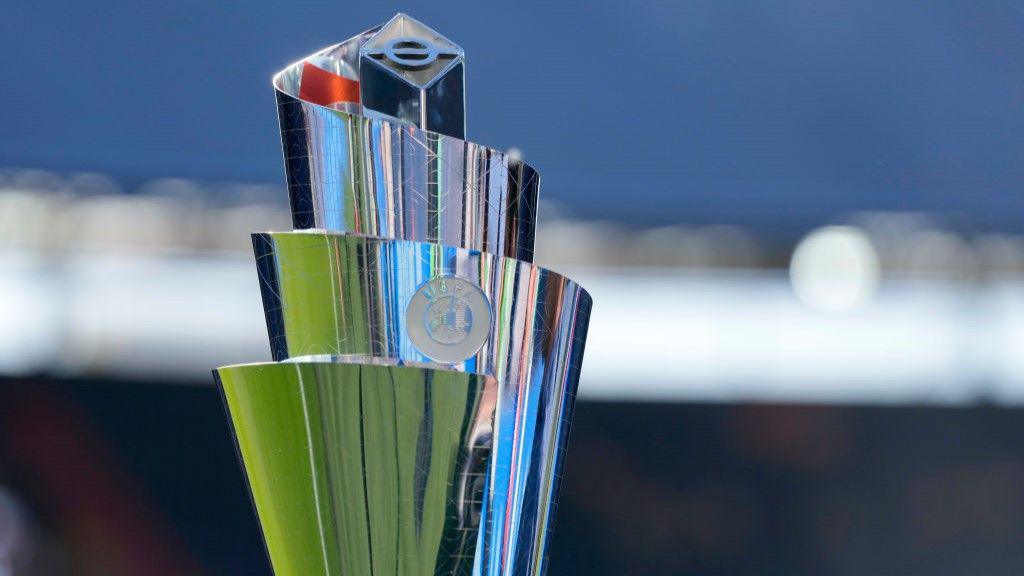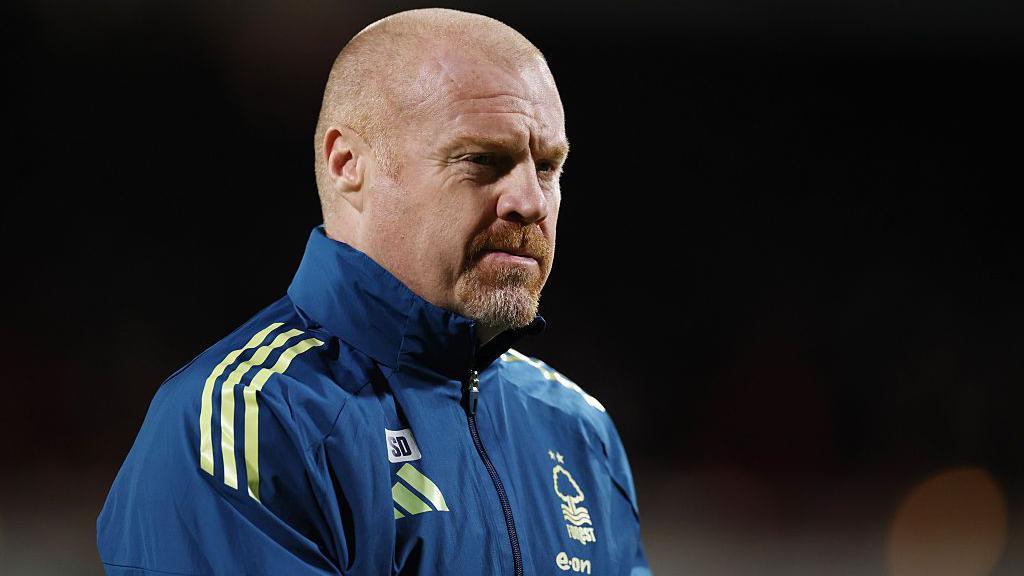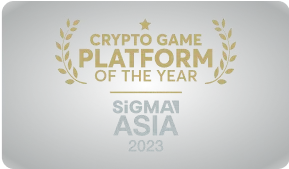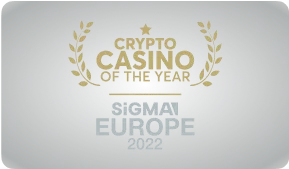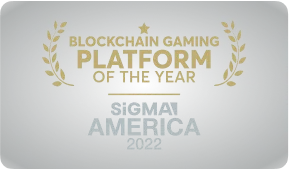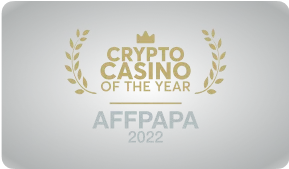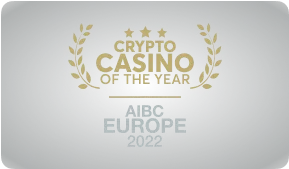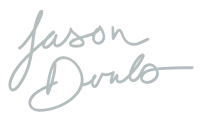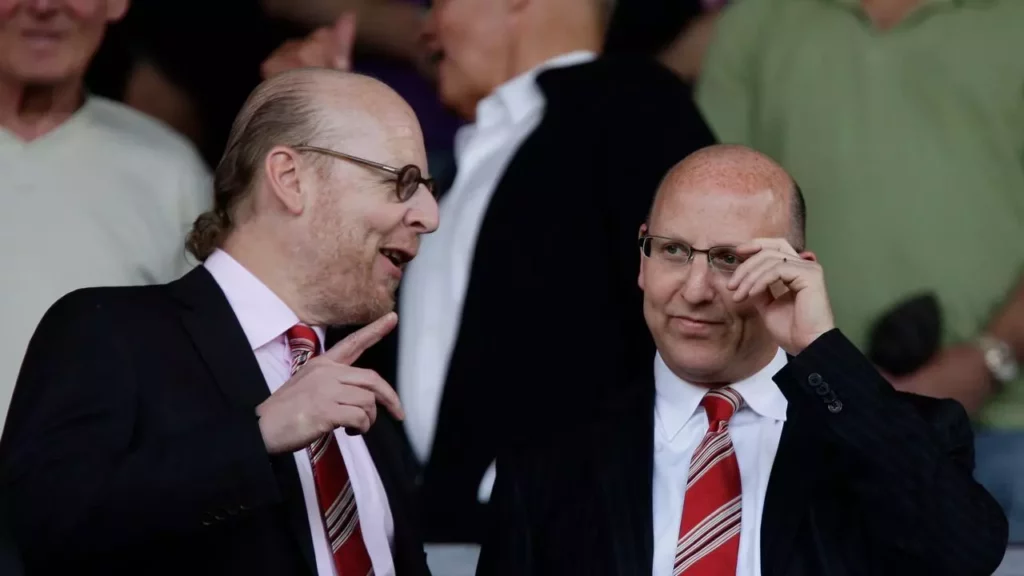
In the ever-evolving world of football club ownership, Manchester United’s recent developments have put a spotlight on the Glazers’ strategy, illustrating a new model of ownership in the sport.
The Unchanging Control at Manchester United
Despite the excitement surrounding Jim Ratcliffe’s purchase of a 25% stake in Manchester United, the Glazers’ grip on the club remains unchanged, marking a new era that seems suspiciously like the old.
- Ownership Structure: Manchester United’s ownership is divided into Class A and Class B shares, with real control lying with the Class B shares.
- Ratcliffe’s Investment: The investment by Ratcliffe, while substantial, does not disrupt the Glazers’ control due to the conversion of Class B shares to Class A upon sale.
The Glazers’ Financial Strategy
The Glazers’ tenure at Manchester United has been marked by financial decisions that have been profitable for them but questionable for the club’s footballing success.
Since their takeover in 2005, the Glazers have benefited from substantial dividend payments, primarily going to themselves. Despite these payouts, the club has operated at a loss and accumulated significant debt.
Ratcliffe’s Role in the Club’s Future
Ratcliffe’s involvement brings fresh capital but also leaves him with the task of addressing the issues left by the Glazers, particularly concerning the club’s performance on the pitch.
- Investment in Team: An additional $300m is expected to be injected into the club to address on-field issues.
- Limited Influence: Despite the investment, Ratcliffe’s role in actual decision-making and control over the club remains limited.
The Glazers’ Non-Exiting Exit Strategy
The Glazers have seemingly pioneered a new model of ownership – retaining the benefits of control without the associated responsibilities. Their strategy ensures continued income from Manchester United without losing control. While Ratcliffe takes on footballing operations, the Glazers maintain their financial benefits.
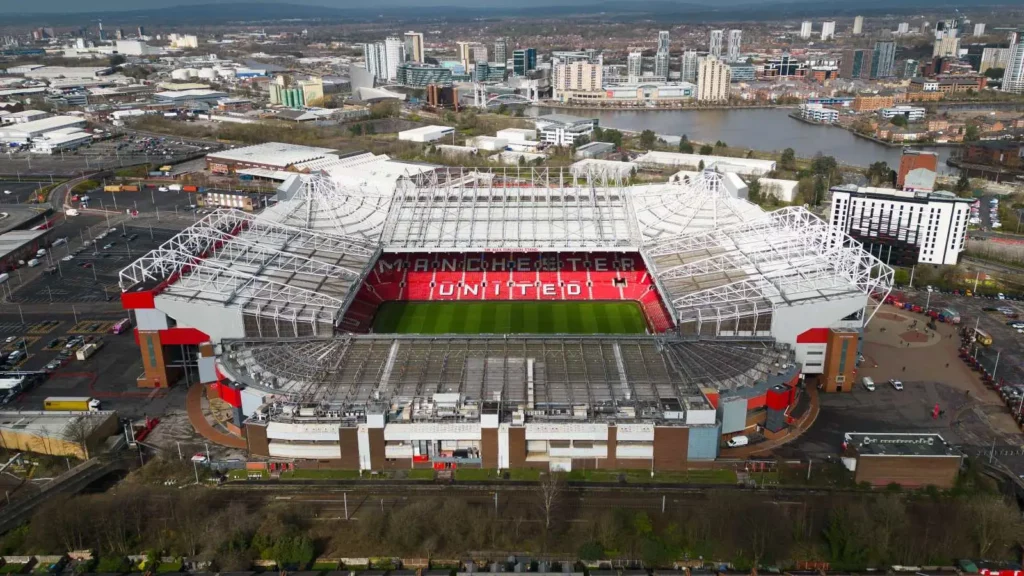
The Larger Trend of American Investment in European Football
The Glazers’ strategy at Manchester United may be indicative of a broader trend of American investment in European football, characterized by a long-term hold strategy rather than seeking quick returns.
- Long-Term Involvement: American investors like the Kroenkes and FSG have shown a tendency to hold onto their clubs for longer than typical investment cycles.
- Extraction of Rents: The focus appears to be on extracting value from the clubs while maintaining indefinite control.
Understanding the Glazers’ Motivations
The Glazers’ approach to Manchester United ownership aligns with the concept of rentier capitalism, where the emphasis is on extracting value rather than creating it. Despite on-field struggles, Manchester United continues to be a lucrative revenue source for the Glazers. The unwavering loyalty of football fans ensures a stable customer base, making football clubs attractive investments for rent-seeking capitalists.
The Future of Club Ownership
The Glazers’ model of ownership may become increasingly common in global football, with a focus on maintaining control and maximizing revenue.
Clubs may see operational changes aimed at revenue maximization, with less focus on significant capital investments. New methods of fan engagement and monetization are likely to emerge, focusing on digital and interactive platforms.
Conclusion: A New Paradigm in Football Ownership
The developments at Manchester United under the Glazers may signal a shift in how football clubs are owned and operated. This new paradigm prioritizes financial gains and stable control, potentially reshaping the landscape of football club ownership.

